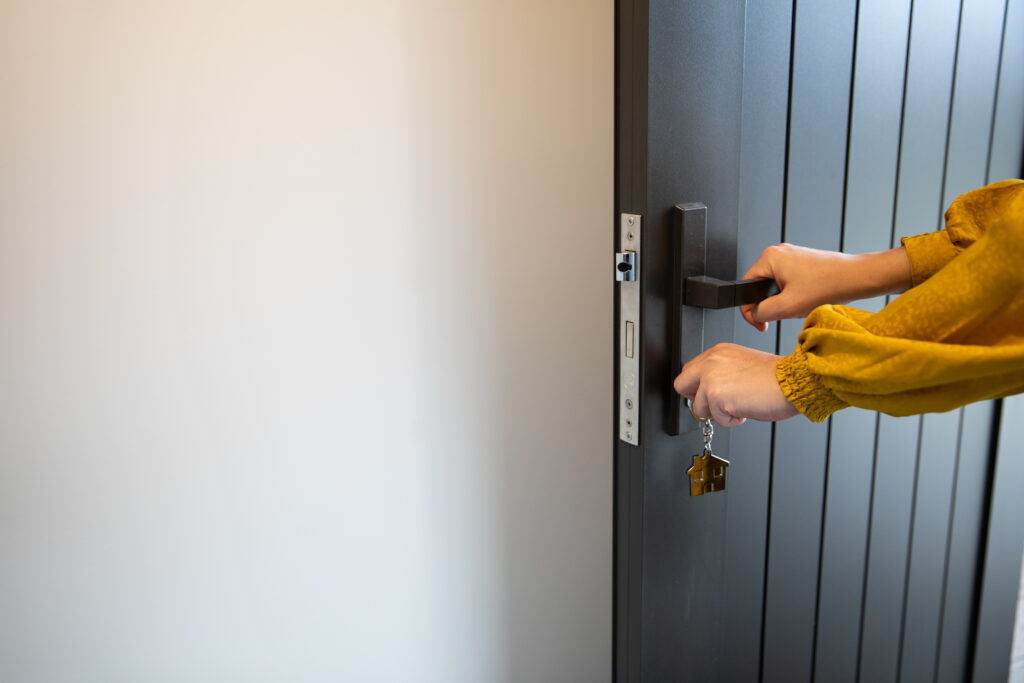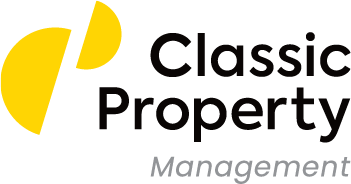While owning a rental property is a great way to create wealth, protecting your investment is key to successful asset ownership.
Property insurers require regular inspections to maintain the quality and integrity of the property itself and undertaking these regularly; ninety days are the recommended interval, will not only allow landlords to be confident that the property is being well cared for but also provide an opportunity for tenants to raise any maintenance issues.
Why inspections are essential
The regularity of an inspection means that landlords and property managers identify potential problems before they become significant issues – saving time, money and stress in the long run.
Standard tenancy agreements are clear regarding keeping the home in a good state of repair and outline the responsibilities of tenants and landlords. The agreement must reflect the features and chattels of the property and the required maintenance schedule. This may include lawns and gardens, servicing chattels such as heat pumps, and the regularity and responsibility of managing each asset.
Dealing with maintenance issues promptly benefits both landlord and tenant: for the comfort of the tenant and the good of the rental property.
If maintenance issues are ignored, they are likely to worsen, becoming more extensive and more expensive to deal with and ultimately depreciating the value of your property.
Landlords and tenants have the right to issue a 14-day notice to remedy damage if the other party has been asked to fix something but they haven’t.
If either party does not comply with the notice to remedy, the affected party can apply to the Tenancy Tribunal for help. If damage is substantial, landlords can apply directly to the tribunal without serving the 14-day notice.
How to undertake adequate inspections
Most insurance providers require landlords to inspect the property regularly as a term of the insurance policy.
To be compliant, inspections must be well documented. Record the date of your review and include notes and property inspection photos.
This is one area where having a professional property manager is a huge bonus. The property manager will manage the whole process, ensuring all the correct documentation is kept.
The tenant doesn’t have to be present during inspections, but you should ask if they want to be. If the tenant isn’t present, ask them to leave a note of any specific things they want you to look at. This can help alert you to any maintenance issues.
Always take a camera and the property inspection report you completed at the start of the tenancy (part of the tenancy agreement). When asking the tenant about a repair or maintenance issue, you can refer to the report. Take photos in case the matter is disputed at a later date.
If you are taking any photos during an inspection, be careful not to include the tenant’s belongings if this is possible.
Be courteous during property inspections – give the proper notice, choose a suitable time and day, and encourage feedback. Always thank your tenant if they’re taking good care of your property.
A good relationship will reap the rewards
Following tenancy agreements thoroughly while allowing for peaceful enjoyment of the home creates a relationship of trust and respect between property owners/managers and tenants.


